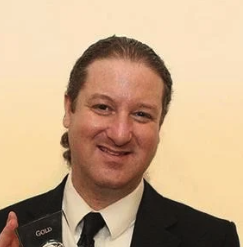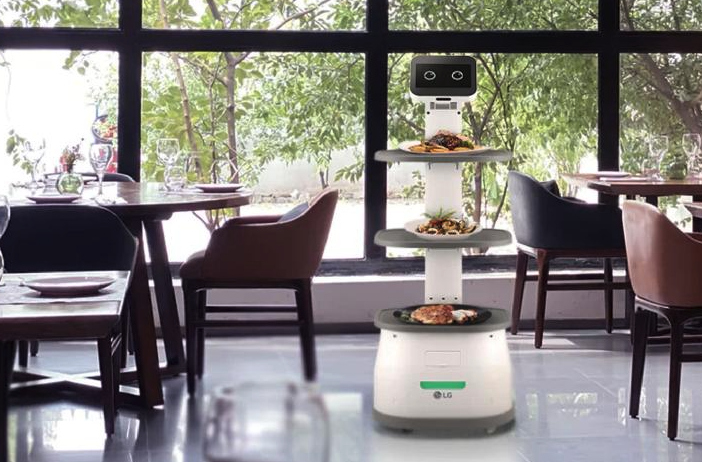With more than 10,000 robots deployed worldwide, RobotLab’s products can almost be everywhere at once, but the same can’t be said about its physical locations.
To change that, the California-based robotics provider has launched a franchise system, meant to give more markets access to support services. Elad Inbar, RobotLab CEO, said the action was based on the growing demand from different industries across the country.
“In the past several years, there’s been a major shift because of COVID with the labor market, and it’s led to higher growth for us,” Inbar said. “There’s been an uptick in demand, and it has us at the point where we can’t be there for all of our customers. When business owners want us there the next day, and we can’t always do it.”
In business since 2007, RobotLab deploys bots for a large number of robot manufacturers. Most recently, inking a partnership with LG to support the expanded integration of its food service assistant CLOi ServeBot and table bussing CLOi GuideBot. Others include Pudu Robotics’ restaurant service BellaBot and KettyBot, as well as SoftBank Robotic’s host bot, Pepper. Delivery and cleaning robots are also part of the lineup.
RobotLab takes over the full integration processes, from consultation, sales, tailored programming, on-site integration, training and repairs.
“We are the only company that provides end-to-end support,” Inbar said. “We take ownership of the entire lifecycle to service our customers.”
Amid the anticipated growth, Inbar said the way to be there for their clients is to have teams in those areas, and franchising was seen as the superior option.

RobotLab CEO Elad Inbar
“One way is growing organically with corporate-owned locations and the other that’s much more scalable is the franchise model,” Inbar said. “It’s the No. 1 reason. There’s no way RobotLab could get to 100 metro areas even in a couple of years organically.
“We’d have employees in a remote satellite office and we would need them to keep the energy going the same way we are doing at headquarters, and it’s difficult to do that remotely,” Inbar said. “With franchisees, it’s their business, and as business owners, they’ll be excited and engaged about this. It’s their livelihood. That will ensure it will take off.”
Paul Knaack, the director of franchise and customer success, said the brand is going to be looking specifically for potential owners who are enthusiastic about the technology.
“Any franchising experience is ideal, but we’re looking for someone with a passion toward robotics,” Knaack said. “Someone may have the funds and a great background, but it’s not a fit if they’re not passionate about it. We want someone who’s excited about robots. Who says ‘this is the future.’ That’s the ideal candidate, and all the other stuff will fall in line with that.”
The franchise system is now available in nearly 40 states, and RobotLab aims to have FDDs approved in every state by the end of 2023. To expand, the brand will be selling territories with at least 8,000 businesses that RobotLab considers relevant. Those include restaurants, hotels, assisted living facilities, schools and airports.

Paul Knaack, RobotLab director of franchise and customer success
The cost of one territory is $54,900, $44,500 for the second and $33,500 for the third. For a total initial investment, the range is between $140,000 and $375,000. When providing the robots to businesses in those territories, Inbar said the technology will be used for cleaning, customer service and delivery.
However, services from the franchisees won’t end after a robot is sold.
“There is a need for being hands-on with customers,” Inbar said. “We want our franchisees and their technicians to go on site and create the digital map the robots work on. When something doesn’t work for a client, they’ll also be able to always call the local franchisee for support, repairs and replacements. The robots also need maintenance, cleaning robots need new brushes and bags. Plus, upgrades in technology will require customers to need new products because it will offer them more value.”


